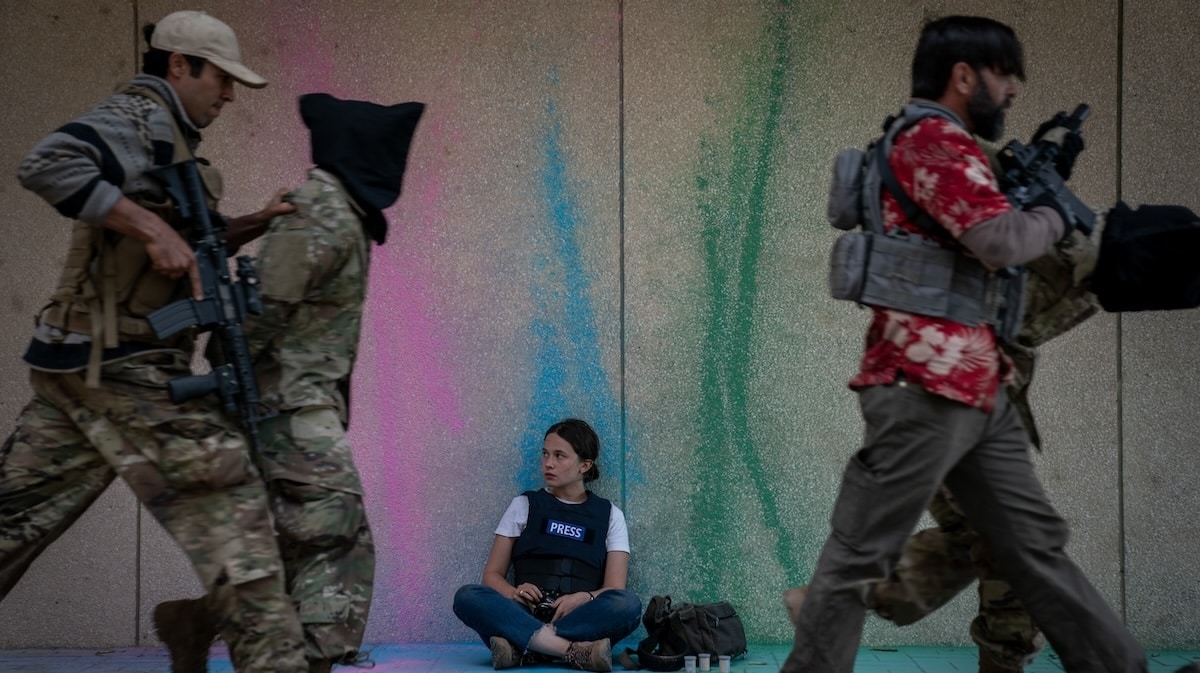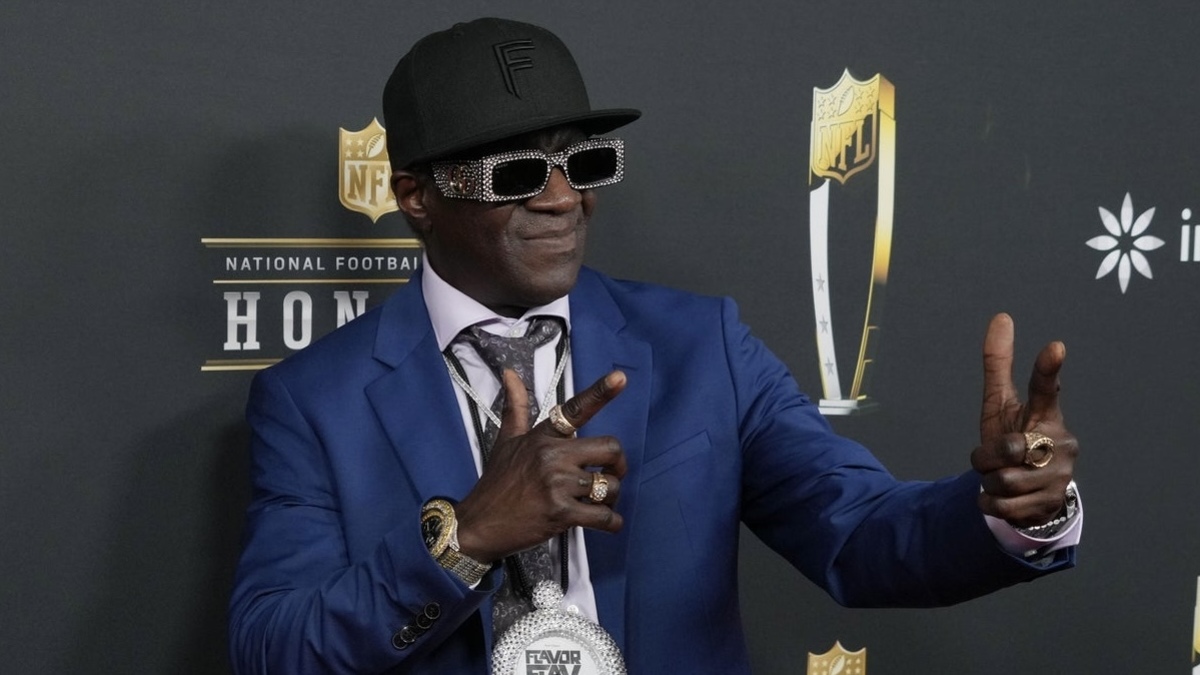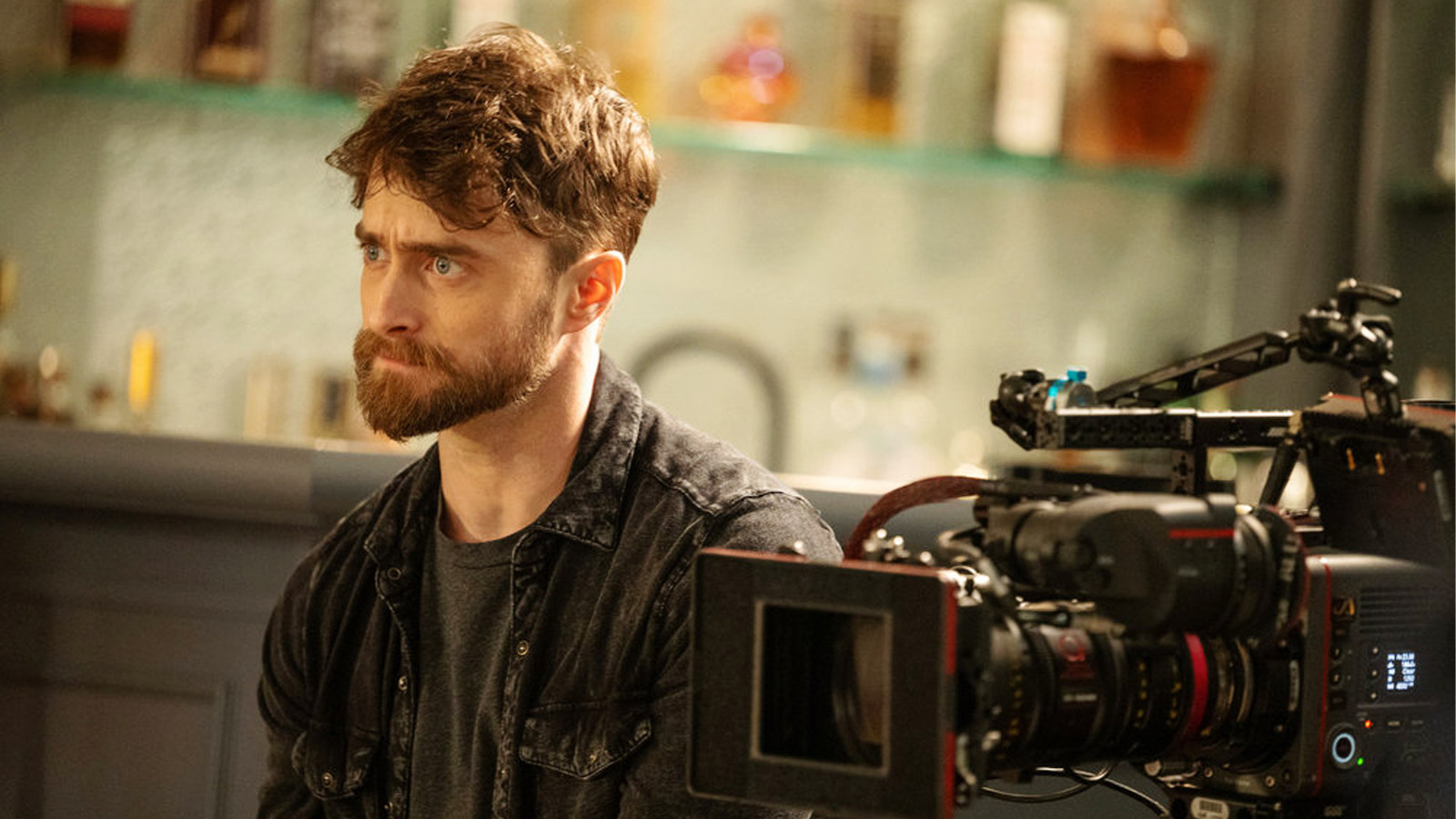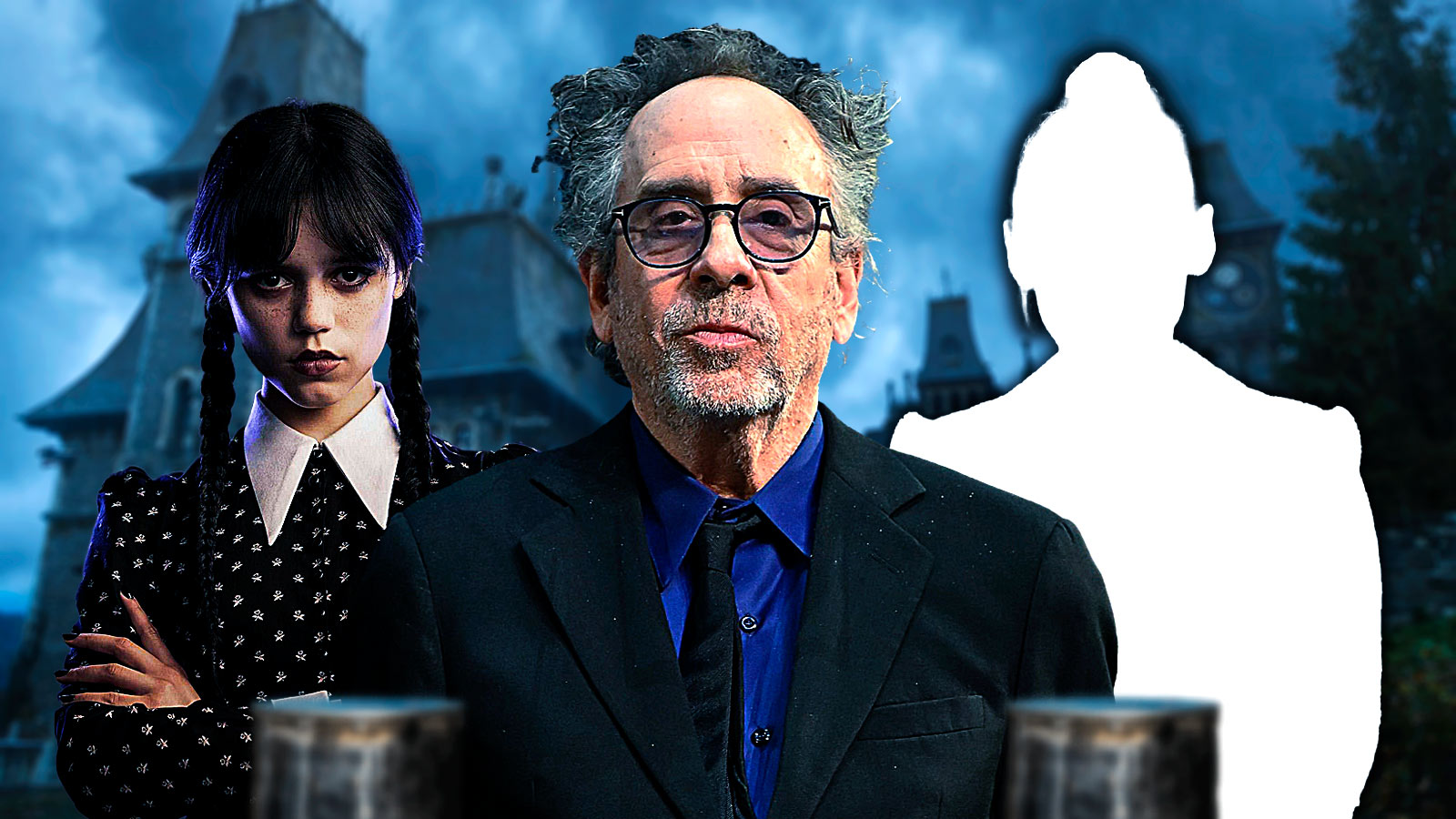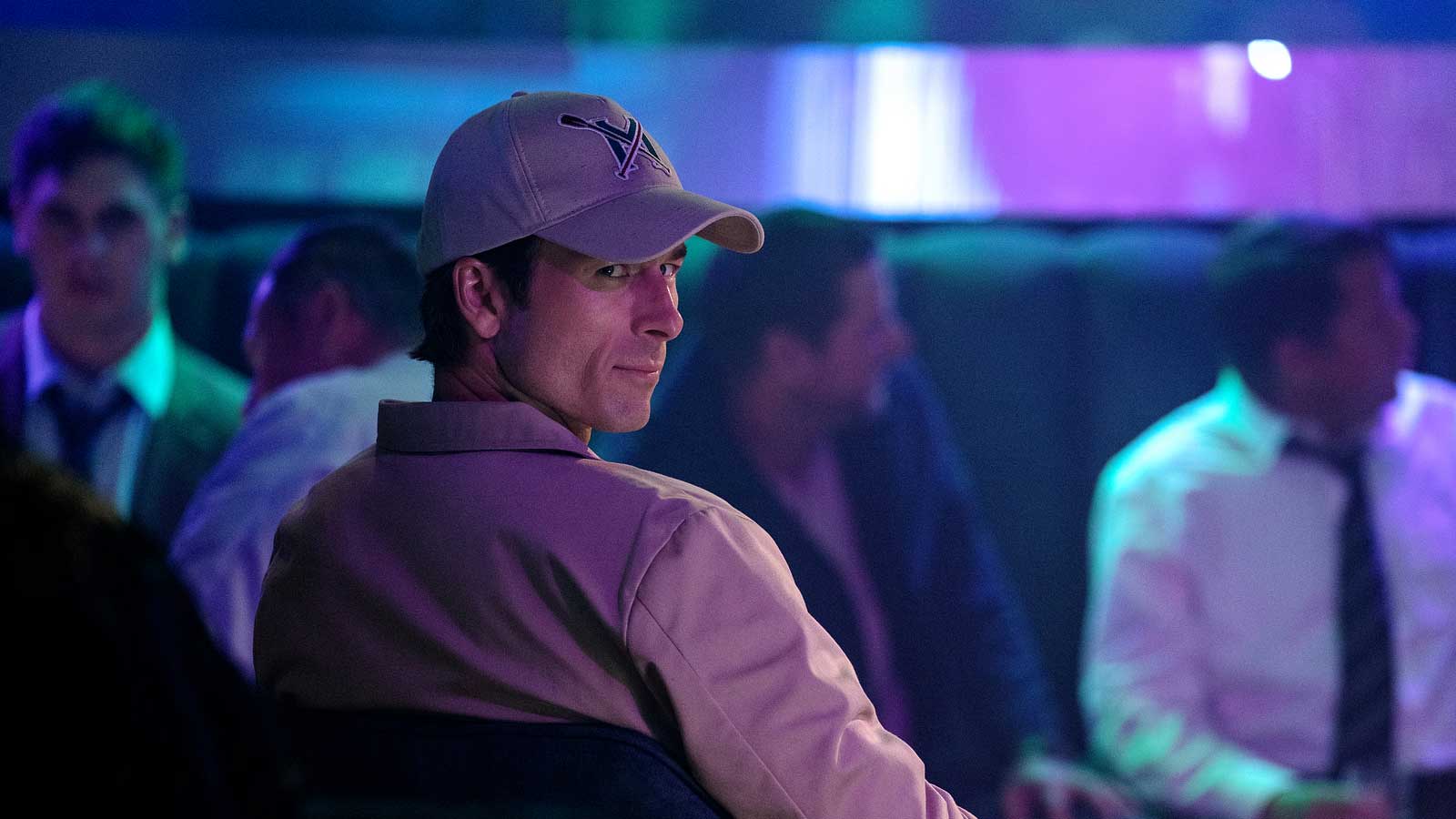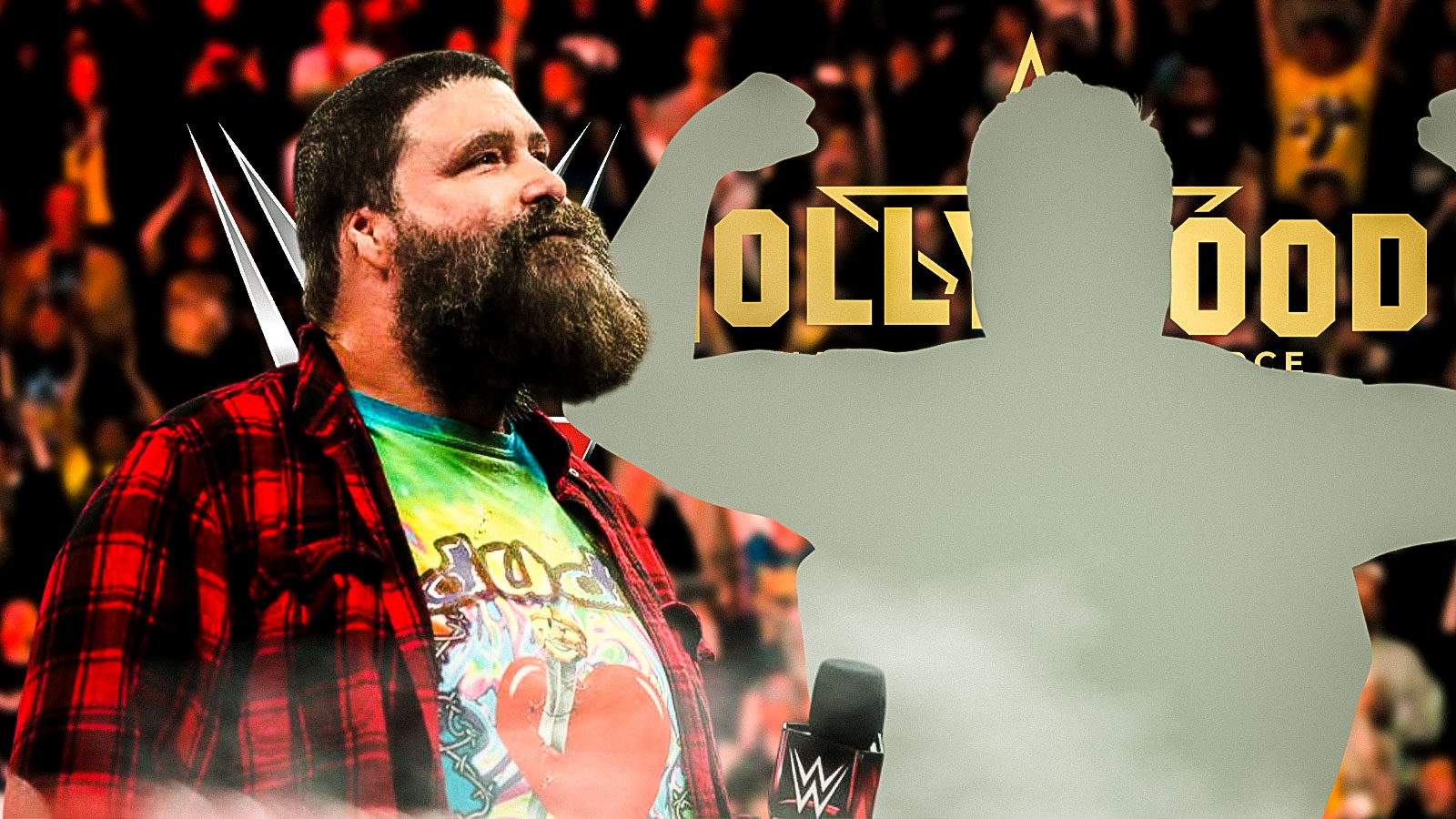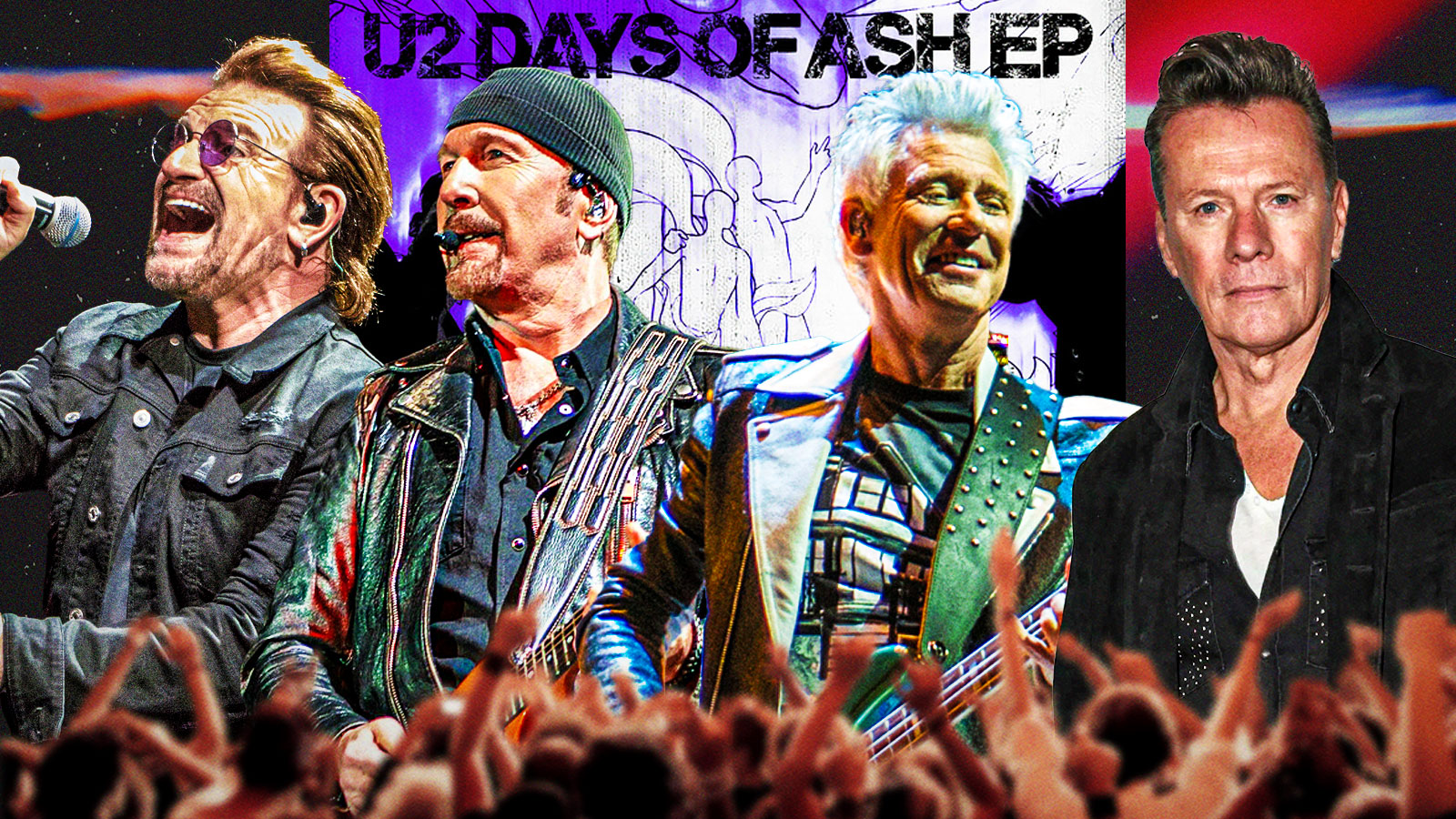Alex Garland has always been a bit of a conundrum in my eyes. He burst onto the scene writing two of my favorite genre films of the millennium: 28 Days Later and Sunshine. He has received almost unanimous praise since stepping into the director’s chair starting with Ex-Machina. While there is so much promise in his string of directorial works, there always seemed to be something missing. A balanced eye tended to veer too far in one direction, leaving me wondering if those films could have been perfect if delivered through a different lens.
Garland’s most anticipated project is now being unleashed onto the public, and it may be his most complete work. There is plenty of controversy surrounding Civil War. But, if you enter into this film with a clear mind and pay attention, there is plenty to take away. Yet, it still feels like something went amiss, somewhere.
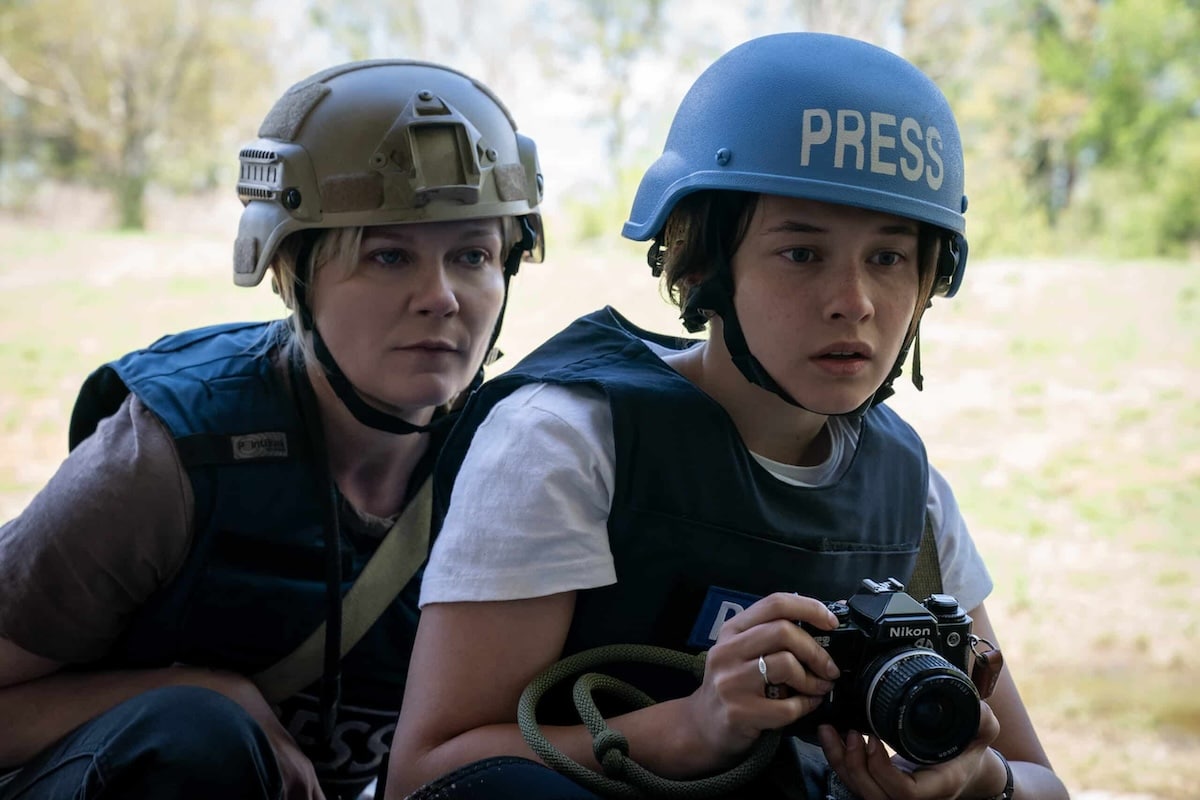
Civil War Review
At its heart, Civil War doesn’t bring any new messages to the forefront which haven’t been dissected before in fiction. But, under the guise of a potential civil conflict in the United States, the angle of humanity’s inability to learn from its history takes a new form. While the title doesn’t hide the clear plot line within, the war itself is almost a MacGuffin to lead the protagonists down a specific road.
Tracks are laid to point the audience toward the background of the current situation the States have found themselves in, but nothing is directly addressed. Instead, the main focus is on a group of journalists who are jaded by the past and what has led the world into disarray. They think they can help pass along their knowledge to shape the path of a young colleague. All the while, they just reinforce all the same stereotypes they grew into.
A deep fascination with unbreakable cycles people find themselves trapped in gets a breath of fresh air from the horrors of another U.S. Civil War. However, it still creates an imbalance between another focal point of the life and difficulties of being a war reporter. In a way, there are two separate story lines fighting out their own civil war within the film. Probing multiple metaphors isn’t impossible, but the two factions of Civil War seem to butt heads at times.
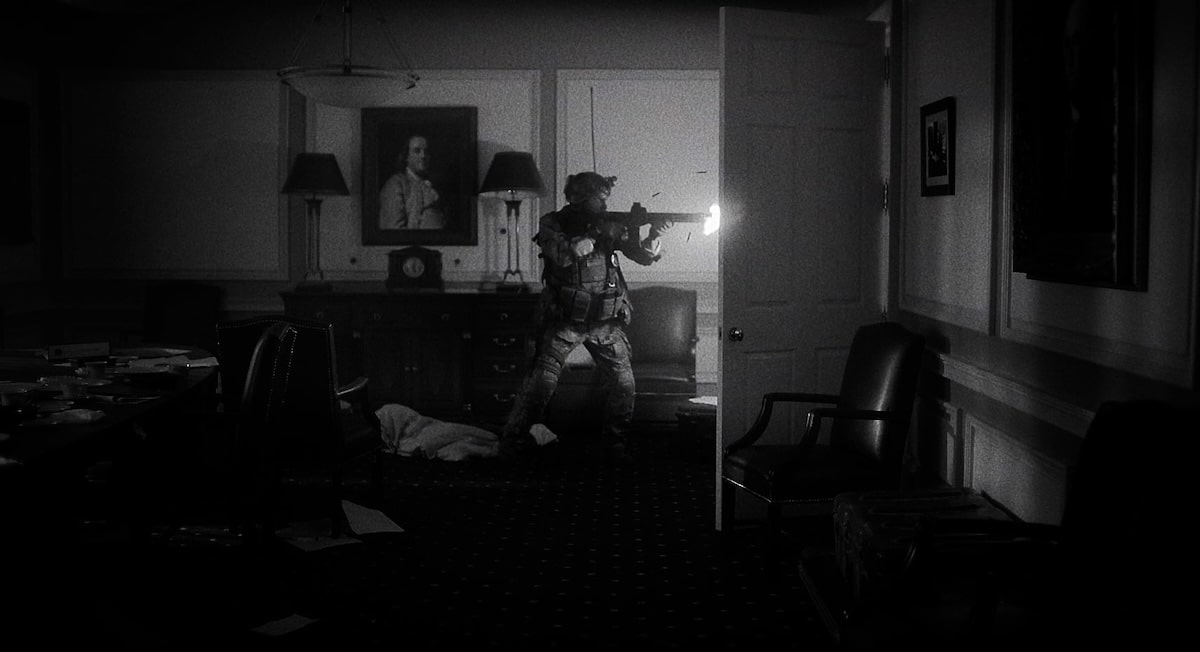
Choosing Sides
Like any controversial piece of art, there are voices yelling at the wind before even seeing the final product. Shortly before the film’s premiere at SXSW, a sample map of the U.S. “factions” was released. And sure, there are still some parts of it that I figure don’t make too much sense. Still, people need to bite their tongues until they’ve experienced the film.
The fact that too many people think that if anything will happen in real life, it is going to end up being North vs. South again, is scary and upsetting enough. It is going to lead too many people to enter their theater to see Civil War, thinking they already understand the premise. A clear mind and a sense of naivety is needed to fully encompass all that Civil War has to offer.
This doesn’t mean that as a viewer you’ll be questioning every moment until the end of the film and that you’ll be confused for a little while wondering which faction of this fake conflict is the one you would side with. Much like life itself, a preconceived notion of events you have yet to see unfold can only lead to embarrassment.
Don’t Lose Sight of Your Goals
Much like the recent success of Top Gun: Maverick, Civil War is going to succeed on third act grandeur. The final portion of Civil War that plays out on the D.C. frontlines is gloriously entertaining as both a visual feast, and a thematic powerhouse. By the time the lights come up, audiences will be lost in a haze of wonderment that they’ll wrap the rest of the film into.
It’s not that the opening two-thirds of the movie are bad. But there are too many chained together pieces that all work on their own. When viewed one after another, though, they can feel tenuously connected at times. The good needs to be shown with the bad, so another stop along the road is thrown in to add to the story.
And don’t get me wrong, plenty of those stop-offs have a lot of great things to say. Most people will of course want to talk about that Jesse Plemons section. The real focus, though, should be on the winter wonderland snipers. A sniper and his spotter lay hidden in the grass in their ghillie suits to camouflage them from another sniper pinning them down. Strange, how a couple of camouflage gunmen also have a bunch of pastel colors in their hair and painted on their nails. Almost seems counter-intuitive.
As main character Lee Smith (Kirsten Dunst) lays in the grass near them, she looks at the array of small colorful flowers strewn throughout the grass. It brings a small smile to her face. This wonderful work of nature is able to let her forget for a second what is going on around her. The little things that have brought her a moment of serenity is also what is offering these soldiers extra camouflage. Not since Gene Hackman and Roy Scheider stood outside eating pizza in the freezing cold whilst watching their target eating a high-priced meal in a warm restaurant in The French Connection has a visual comparison on film hit so hard.

Should You Watch Civil War?
Alex Garland has delivered his most balanced work as a director in Civil War. There are still some lines that never fully match up. This is not the transformative work of art some others have made it out to be. It certainly will keep the gears moving in your mind once you’ve finished it.
Final Grade: B

